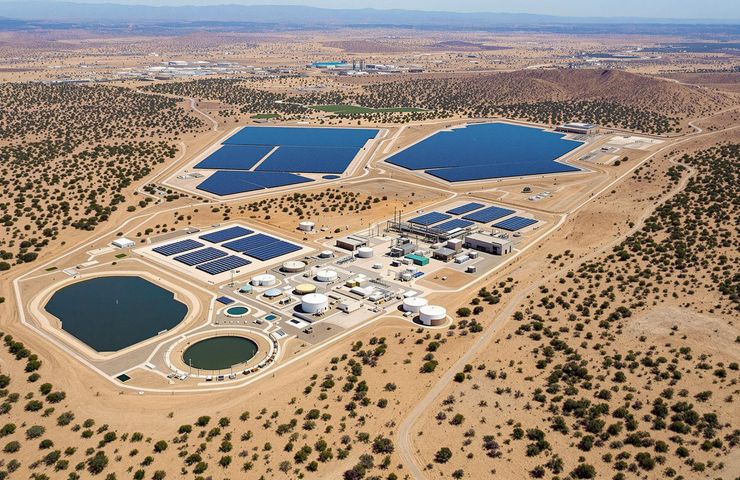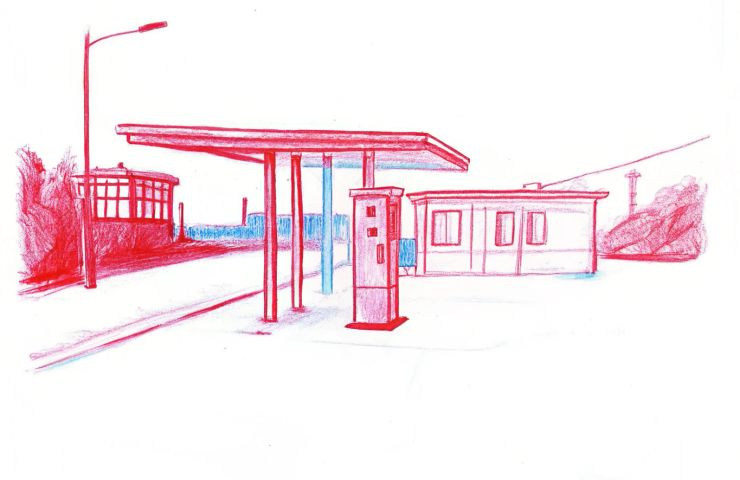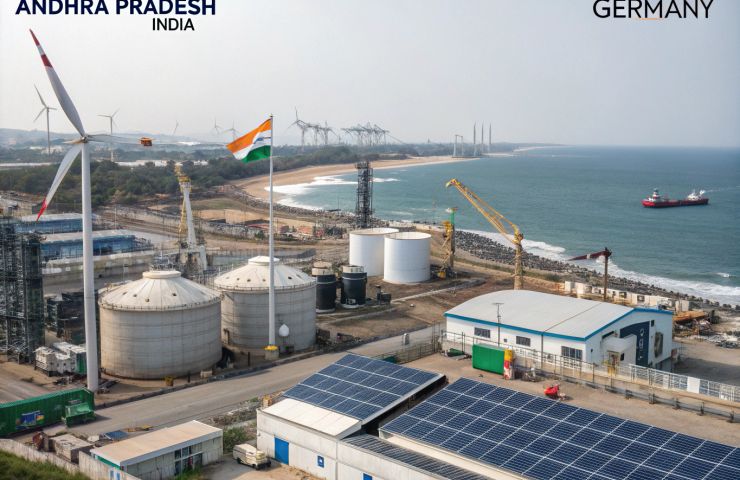Smoltek’s Fuel Cell Breakthrough Slashes Iridium Use, Advancing Hydrogen Fuel Cell Tech
Smoltek Hydrogen, the hydrogen-focused arm of Sweden’s Smoltek Nanotech Holding AB, has just hit a major milestone. The company wrapped…


Smoltek Hydrogen, the hydrogen-focused arm of Sweden’s Smoltek Nanotech Holding AB, has just hit a major milestone. The company wrapped up prototype tests on its proprietary nanostructured fuel cell electrodes—and the results are pretty exciting. Partnering with a leading global automotive manufacturer, the tests revealed that these cutting-edge PEM hydrogen fuel cells deliver solid performance and outstanding durability.
Revolutionizing fuel cells by slashing iridium use
What makes this development a real game-changer is Smoltek’s ability to cut down the use of iridium by as much as 95%. That’s huge. Iridium’s rare, pricey, and tough to source—making it a big hurdle in scaling up fuel cell technology. Smoltek’s smart use of conductive nanostructures not only keeps performance levels high but also tackles the material cost and supply issues head-on. This shift could be a key unlock for scaling hydrogen fuel cells, especially in heavy-duty transport.
Next up: scaling up with real-world partners
Now that the initial tests are out of the way, Smoltek is looking to take things further. They’re eyeing expanded prototyping and commercial pilot projects alongside their automotive collaborators. All signs point to this moving beyond the lab and into the real world sooner rather than later.
Sweden’s green tech trailblazer eyes commercial leap
Headquartered in innovation-driven Sweden, Smoltek is gearing up to shift from being a pure tech innovator to a full-fledged commercial supplier. The goal? Make that leap sometime between 2025 and 2028. If all goes according to plan, they could play a major role in making hydrogen mobility more accessible and affordable—especially for freight. That means real progress on industrial decarbonization and putting a serious dent in emissions from heavy-duty transport.
What's Your Reaction?


























































